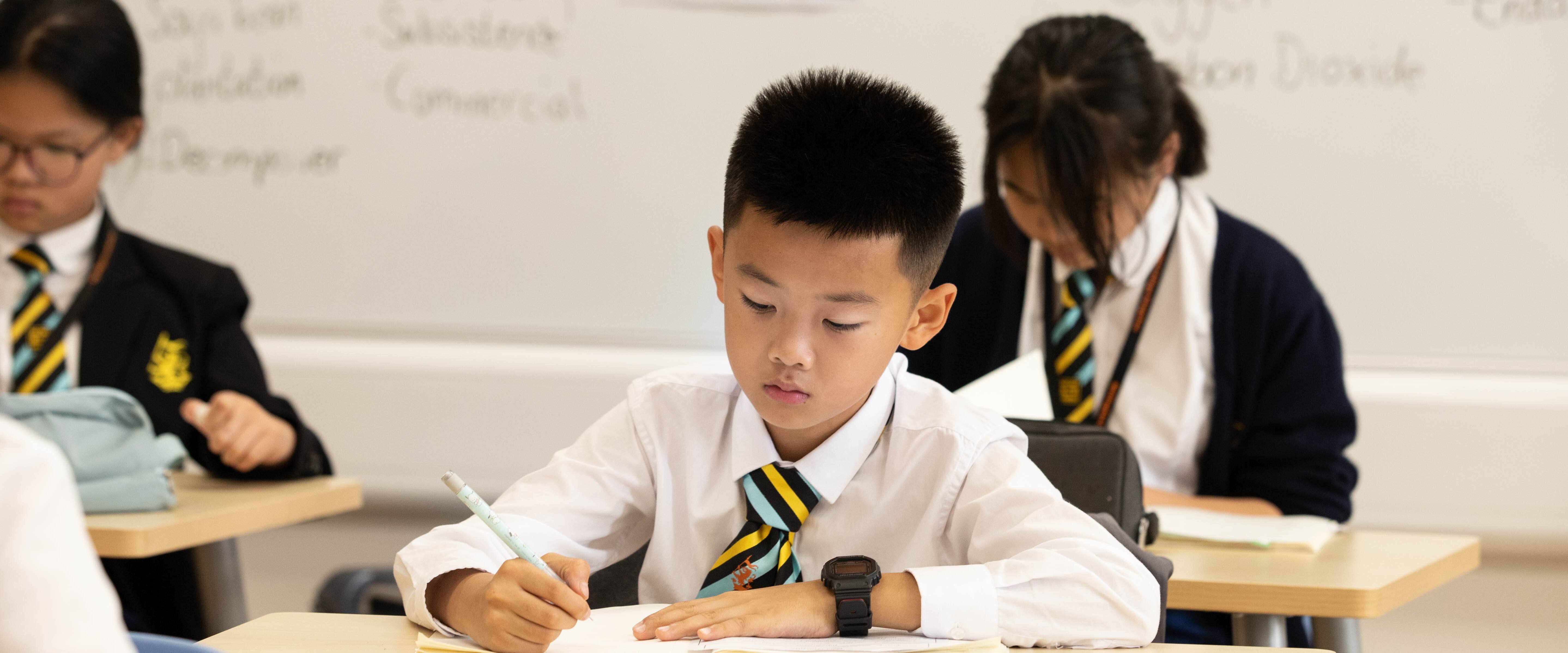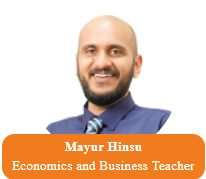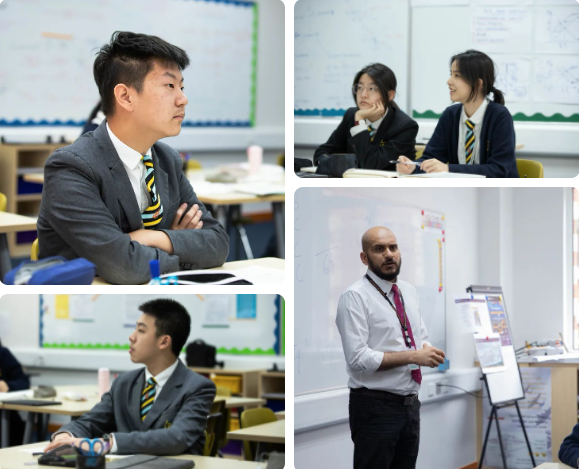

Economics and Business studies are among the popular IGCSE options subject in our school, with almost half of our cohort choosing either or both. We offer the Cambridge IGCSE Economics and Business Studies qualifications for the 14-16 years age group.
Activities supplement classroom learning to reinforce and apply economic principles. Assigned tasks allow students to explore and extend an idea/concept while considering its limitations. Examples are related both to developing and developed economies. Case studies are an integral part of applying and co-relating different topics in the real world. Students also gain essential insights into how businesses operate, their decisions, and their impact on our society.

The extracurricular activities of the department incorporate a touch of business valuations via accounting and explore the capital allocation strategies of businesses and governments. This involves estimating numbers to derive a future business valuation in terms of market capitalisation.
Race4Good
Recently, Grade 9 and 10 pupils participated in a competition called Race4Good for three weeks. This is a student leadership programme unlike any other, bringing together schools worldwide to participate in a series of groundbreaking races aimed at uplifting communities in Haiti (Elimene's Family was assigned to us and a budget of £150). The race aims to address critical community needs, including design and infrastructure, education, healthcare, sports and wellbeing, psychological support, cultural uplift and more. At the end of 3 eliminating rounds, the winning team's ideas are implemented within weeks to uplift the community.
Our team members
and the hubs
Our team of 13 members was divided into six different hubs.
Hubs: finance hub, creative hub, language hub, research hub, wellbeing hub and technology hub.
Members: Alina W, Amber Zh, Andy W, Celia R, Colin Zh, Ella X, Icey W, Jason H, Linda Y, Lydia Y, Spencer S, Vicky Q and Solar Zh.
Our business plan
The first step of our proposed plan is an 'agriculture plan'. Use a small amount of money to buy 15 chickens and 3-4 piglets. This improves their dietary conditions and serves as a source of income. A hen can lay an egg every 1-3 days. Eggs are rich in nutrients and can also be sold, bringing in a small but steady income. In addition, the piglets grow very fast and eat almost anything. They can be sold once they grow, and their excrement can also be used as fertiliser. Their family will have a stable income and can carry out the following plan - the 'Aquaponics Project'. With the money left (after buying chickens and piglets), they can dig a puddle and build a shed to prevent the fish from being eaten by the birds. Fish and vegetables are interdependent. And maintenance costs are minimal. The fish will multiply and can be sold for a profit or personal consumption. Please scan the QR code below to view the whole business plan.
The outcome of the race
Despite our idea being very competitive, another school won the race. Nevertheless, we are not shy of our failures but very proud of our teamwork and consider this a learning opportunity.
Reflection
We tackled critical real-life issues, researched the possible solutions and put forward a viable proposal. With the team entirely focused on improving the living standards of the family in need with a 150-pound budget, a competitive solution was designed. With many team members new, we became friends and developed a good rapport and a mature way of cooperating and working as a team.
Looking back, we find that we could improve on our time management and delegation of work. Also, the communication between our different hubs was sometimes not in a timely manner. This led to us not being able to complete some tasks before a set deadline and resulted in an overall inefficient output as a team. Nevertheless, we are determined as a team to gather effective force in our next challenge.